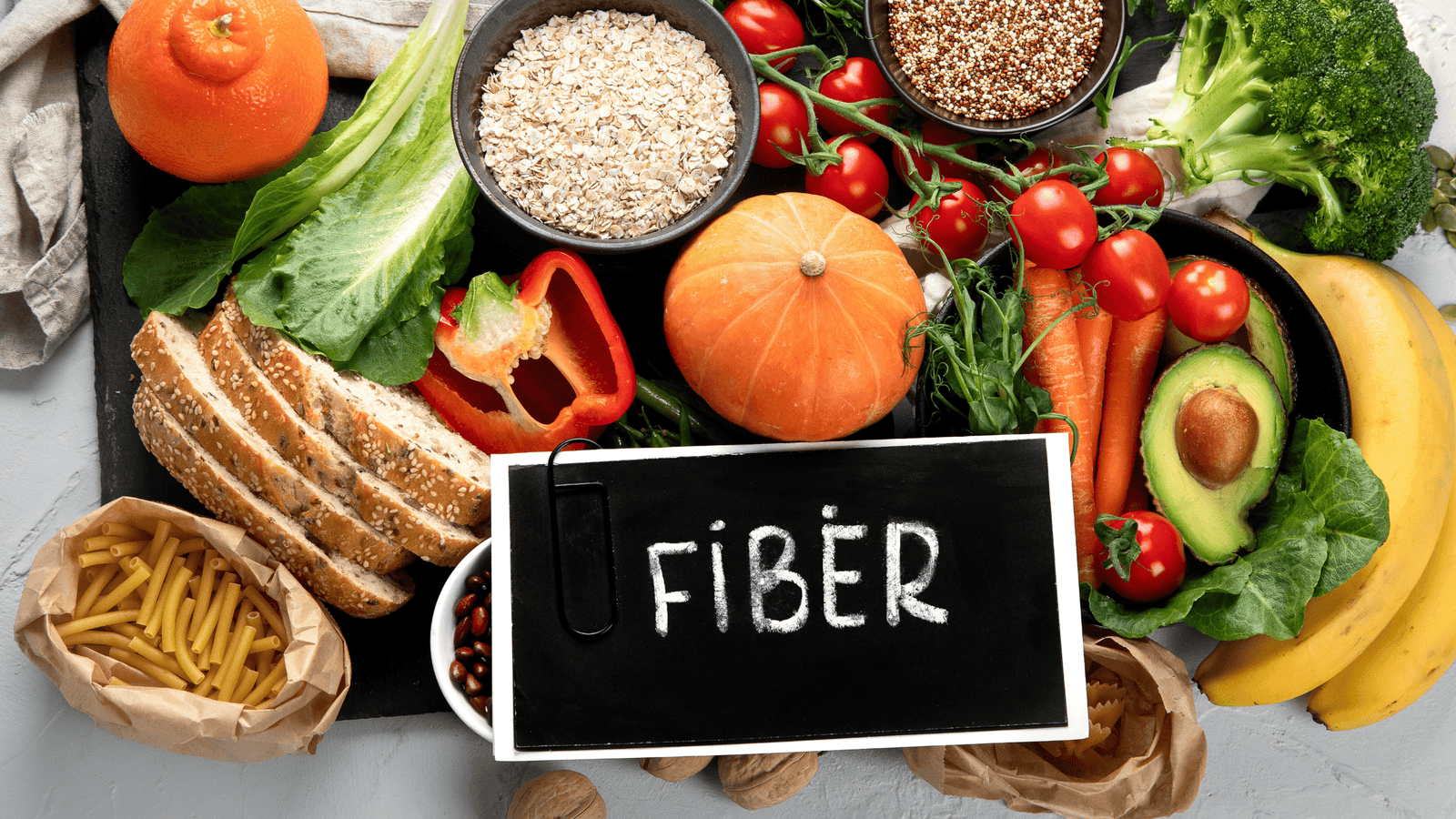High-fiber vegetables are crucial for maintaining a healthy gut microbiome. These veggies, such as broccoli, Brussels sprouts, and kale, provide the essential nutrients that promote the growth of beneficial bacteria in the gut. As these bacteria ferment fiber, they produce short-chain fatty acids (SCFAs) that nourish the gut lining and reduce inflammation.
Moreover, high-fiber vegetables help regulate bowel movements and prevent constipation by adding bulk to the stool. By promoting regularity in digestion, these veggies contribute to overall gut health and support optimal nutrient absorption. In addition, a diet rich in high-fiber vegetables has been shown to lower the risk of various gastrointestinal disorders like diverticulitis and colorectal cancer. Incorporating these nutrient-packed veggies into your daily meals can significantly improve your gut health and overall well-being.
Benefits of High-Fiber Veggies:
High-fiber vegetables offer a myriad of benefits that extend far beyond just digestive health. These nutrient-dense foods play a crucial role in weight management by keeping you feeling full and satisfied for longer periods, ultimately curbing overeating tendencies. In addition to supporting digestion, the fiber content in these veggies also promotes heart health by helping to lower cholesterol levels and regulate blood sugar levels.
Furthermore, high-fiber vegetables are known for their ability to enhance gut health by promoting the growth of beneficial bacteria in the gut microbiome. This intricate balance of gut flora not only aids in digestion but also bolsters our immune system's function and overall wellbeing. Incorporating a variety of high-fiber vegetables like broccoli, Brussels sprouts, and kale into your diet can have a profound impact on your overall health and vitality.
One of the most effective ways to reduce the risk of chronic diseases is by incorporating high-fiber vegetables into your diet. Vegetables such as broccoli, Brussels sprouts, and spinach are rich in fiber, which is known to promote digestive health and lower the risk of conditions like heart disease and diabetes. Additionally, these vegetables contain essential vitamins and minerals that support overall well-being.
Studies have shown that a diet rich in high-fiber vegetables can also help reduce inflammation in the body, which is linked to a variety of chronic diseases. By incorporating a variety of colorful vegetables into your meals, you can ensure that you are getting a wide range of nutrients that support your immune system and protect against illness. Furthermore, the high antioxidant content in many vegetables helps to combat free radicals in the body, further reducing the risk of developing chronic conditions over time.
Top High-Fiber Veggies:
Broccoli :Ranking among the top high-fiber vegetables, broccoli is a nutritional powerhouse that offers more than just its signature taste. Packed with fiber, vitamins, and antioxidants, this cruciferous vegetable not only aids in digestion but also supports overall health. One of the key components in broccoli is soluble fiber, which helps to regulate blood sugar levels and promote heart health.
Spinach: A versatile and nutrient-rich green leafy vegetable, should be a top contender for anyone aiming to boost their daily fiber intake. With approximately 2.4 grams of fiber per cup, spinach offers an easy and delicious way to enhance digestive health and promote overall well-being. What sets spinach apart is its high content of soluble fiber, which helps regulate blood sugar levels and lower cholesterol.
Brussels sprouts: Often misunderstood and underestimated, are a powerhouse when it comes to high-fiber vegetables. These miniature cabbage-like veggies pack a serious punch in the fiber department, with just one cup providing about 4 grams of dietary fiber. What's more fascinating is that this fibrous content not only aids digestion but also helps keep you feeling full for longer periods, making Brussels sprouts an excellent choice for weight management.
Carrots: Often celebrated for their beta-carotene content and eye health benefits, also pack a surprising fiber punch. One medium-sized carrot contains about two grams of fiber, making it an excellent choice for boosting your daily intake. Additionally, the type of fiber found in carrots, known as soluble fiber, aids in promoting healthy digestion and regulating blood sugar levels.
In conclusion, incorporating high-fiber vegetables into your diet is crucial for promoting a healthy gut. Vegetables such as broccoli, artichokes, and Brussels sprouts are excellent sources of fiber that can help improve digestion and overall gut health. By including these nutrient-rich veggies in your meals, you can support the growth of beneficial gut bacteria and reduce the risk of digestive issues. Remember to diversify your vegetable intake to ensure a well-rounded source of fiber and essential nutrients for optimal gut function. Make a conscious effort to prioritize these high-fiber vegetables in your diet for a healthier gut and improved well-being.




